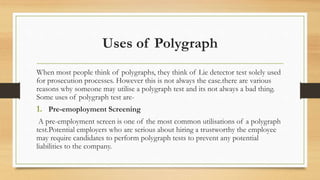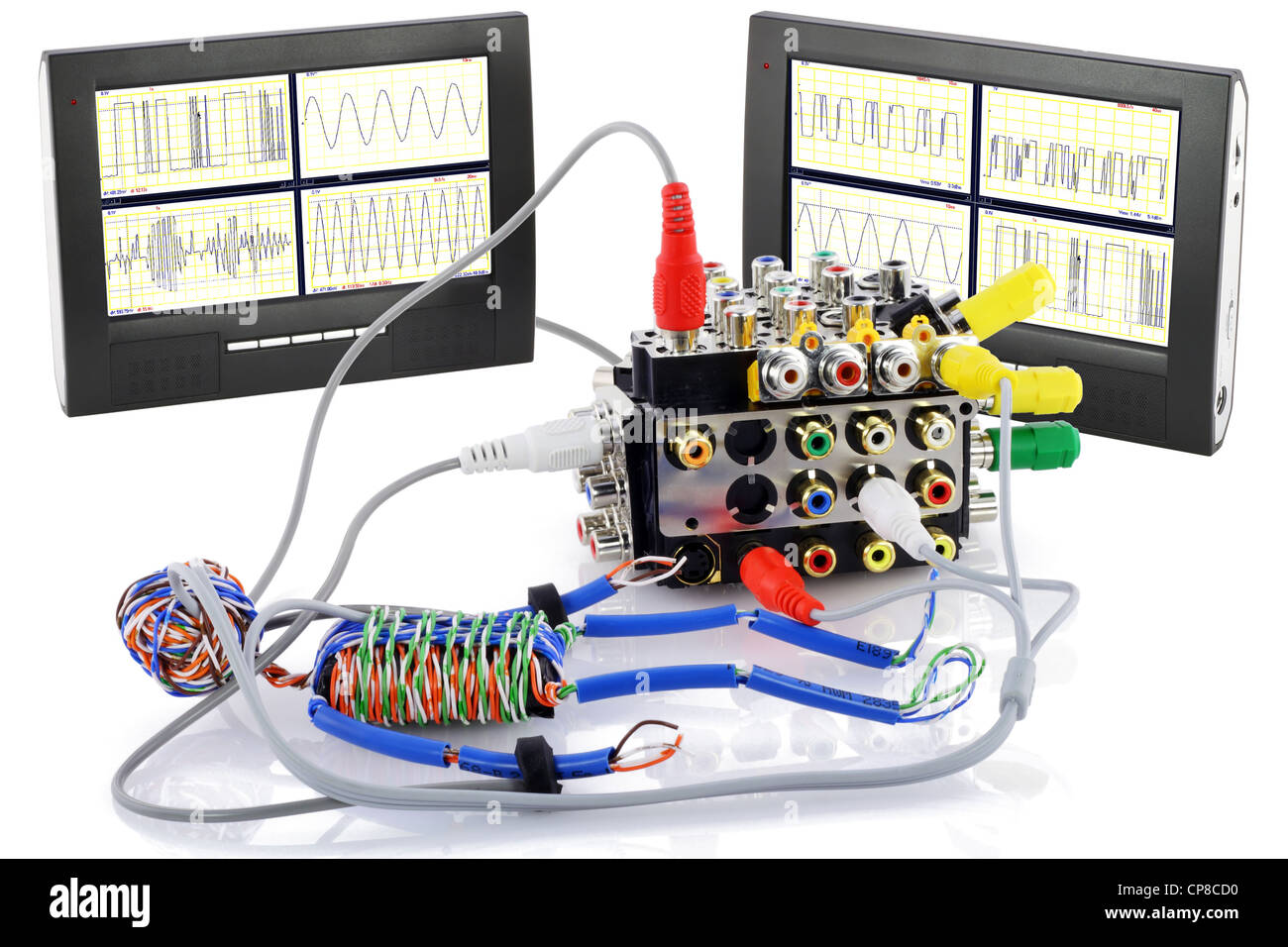Lie detector instruments, also known as polygraphs, are devices that are used to detect deception in an individual by measuring and recording various physiological responses. These responses include things like heart rate, blood pressure, respiratory rate, and skin conductivity, which are thought to change when a person is lying. The theory behind lie detection is that when a person is lying, their body will experience a stress response that can be measured through these physiological changes.
Lie detector instruments have been used for various purposes, including criminal investigations, pre-employment screening, and even in private relationships. While polygraphs are often depicted in popular media as highly accurate and reliable, the scientific community has largely rejected their use as a valid method of lie detection.
One of the main criticisms of polygraphs is that they are not consistently accurate. Studies have shown that polygraphs can produce both false positives (indicating that someone is lying when they are actually telling the truth) and false negatives (indicating that someone is telling the truth when they are actually lying). There are many potential reasons for these errors, including the possibility that the physiological responses measured by the polygraph can be influenced by factors other than deception, such as anxiety, fear, or even physical discomfort.
Another problem with polygraphs is that they are vulnerable to being beaten by trained individuals who know how to control their physiological responses. This means that even if a polygraph is accurate in general, it may not be effective in detecting deception in someone who has been trained to deceive it.
Despite these limitations, polygraphs continue to be used in some contexts, particularly in criminal investigations. However, they are generally not admissible as evidence in court due to their lack of reliability.
In conclusion, while lie detector instruments, or polygraphs, may have some potential as a tool for detecting deception, they are generally not considered to be a reliable method. There are many factors that can influence the results of a polygraph test, and they are vulnerable to being beaten by trained individuals. As a result, polygraphs are generally not considered to be a valid method of lie detection.









